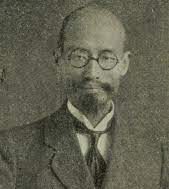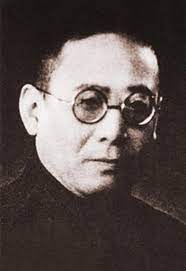Wu Yü-chang (1878-14 December 1966), republican revolutionary and educator who later became a Chinese Communist official. He was known for his leadership of the movement to romanize the Chinese written language. Born in Yunghsien, Szechwan, Wu Yü-chang was the second of three sons born into a well-todo gentry family. After receiving his early education in […]











